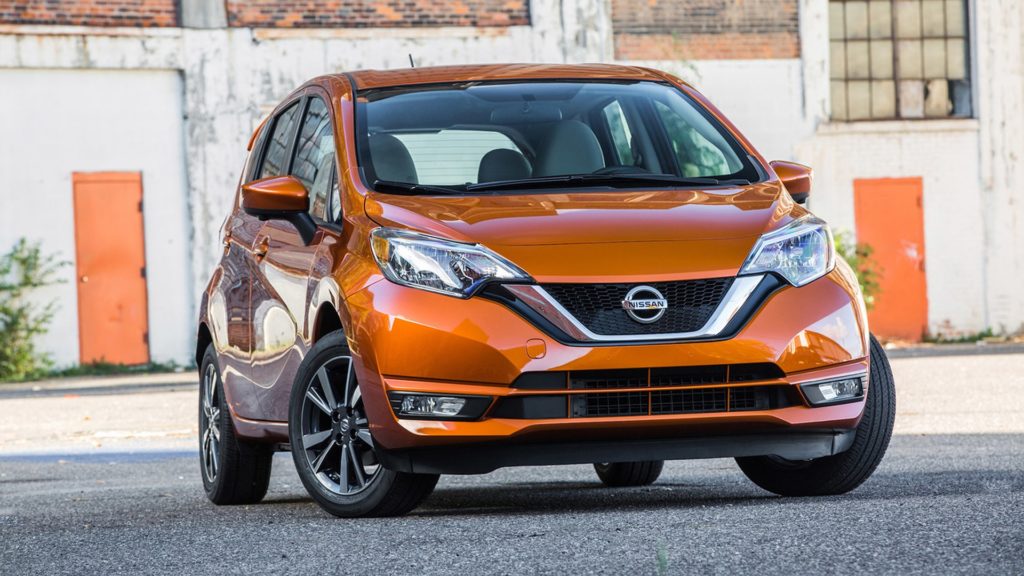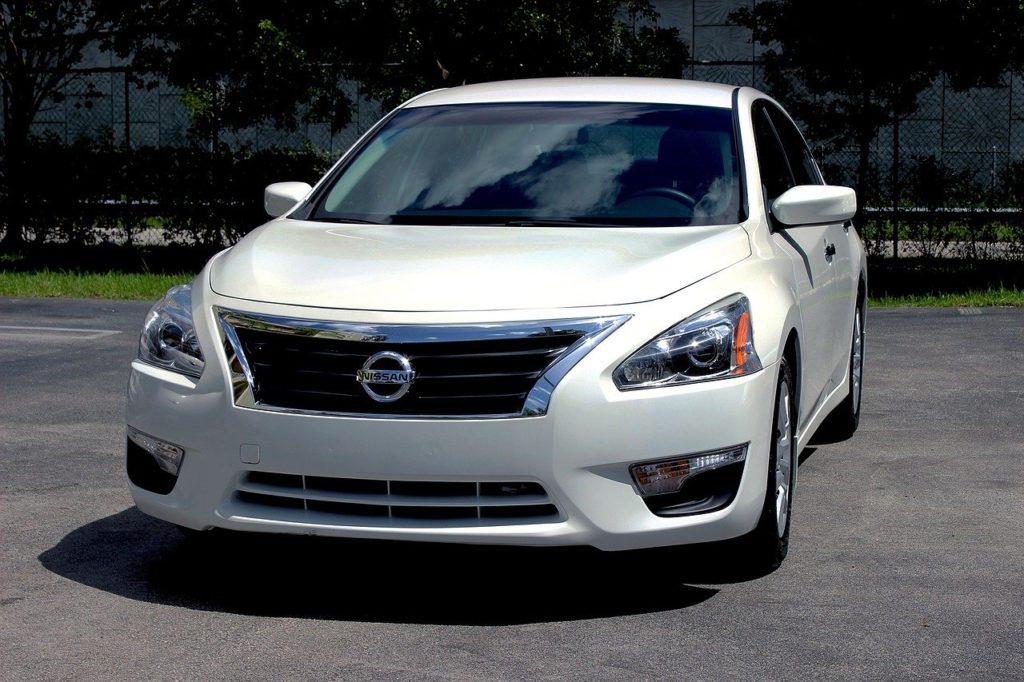Wheel reconditioning is a dangerous practice in collision repair.
Nissan is very clear that the company does not approve of any wheel repair that involves reconditioning.
If you are not familiar with wheel reconditioning, it is a process of using various tools and methods to try to repair a damaged wheel, instead of replacing it entirely. Some methods include welding, reforming, or reshaping the wheel.
When it comes to steel and aluminum wheel repair, Nissan has issued a Position Statement explaining why they do not accept wheel reconditioning in any vehicle repairs.
Here’s what they say:
“Reconditioned wheels are not an acceptable method of repair on any Nissan vehicle, as these wheels were once subjected to the prohibited repairs referenced above. A reconditioned wheel, or any wheel not approved by Nissan, may cause unsafe vehicle operation and performance, including loss of control which may result in injuries to the vehicle occupants or other drivers. Following a collision situation, all four wheels should be thoroughly inspected for damage, especially the wheel(s) closest to the impact area of vehicle.”
Nissan is saying, in no uncertain terms, that it’s simply not worth the risk to your life to cut corners with the state of your wheels.
If the wheels are damaged enough to warrant reconditioning, then they should just be replaced outright. Heating, welding, reshaping, and any other methods of reconditioning could compromise the structural integrity of your wheels.
Being the only parts of the car to actually make contact with the road, your wheels are essential to your safety and are worth investing in.

What wheel repairs are approved by Nissan?
While wheel reconditioning is not approved of by Nissan, certain wheel repairs are permitted:
“Any repair of steel or aluminum wheels must be strictly limited to minor cosmetic sanding or polishing that removes ONLY the finish, not the metal.”
Basically, only superficial cosmetic adjustments are allowed, since they won’t jeopardize the integrity of the wheel structure.
Minor sanding and polishing repairs do not involve the use of heat or reshaping that reconditioning would entail.
Replace your wheel components with Genuine Nissan parts to preserve your warranty.
If your vehicle’s wheels require replacement, Nissan explains that you must use Genuine Nissan original equipment parts:
“Nissan North America’s New Vehicle Limited Warranty, and Limited Warranty on replacement parts do not apply to any parts other than Genuine Nissan original equipment parts. Nissan North America will not be responsible for any subsequent repair costs associated with a vehicle and/or part failure caused by the use of parts other than Genuine Nissan replacement parts.”
The use of aftermarket, used, or salvaged parts puts you almost at the same risk of problems as reconditioning the wheels would.
Used and salvaged parts come with a questionable history, as it’s possible they’ve been compromised in a collision or through natural wear and tear.
Aftermarket parts present another problem in that they are often not comprised of the highest quality materials and they are also not designed to fit the parameters of your specific make, model, and year of Nissan. Therefore, Nissan will have to void your warranty if you choose to use anything other than OEM parts.

Not all shops follow these recommendations, but we do.
It’s disappointing, but some shops throw caution out the window and continue to practice wheel reconditioning, despite Nissan’s clear instructions to avoid it at all costs. They can get away with this because no body shop is actually forced to adhere to a manufacturer’s Position Statement.
At our shop, we strongly believe that there’s no reason to take a chance with your Nissan’s repair by going against the advice of the manufacturer.
Reconditioned wheels can lead to very dangerous problems down the road. We will always replace your Nissan’s wheels entirely if they’ve sustained damage. You won’t have to worry about voiding your warranty or driving on unstable wheels when you bring your vehicle to us.
We always follow the manufacturer’s recommendation to deliver the best possible repair to our customers.

